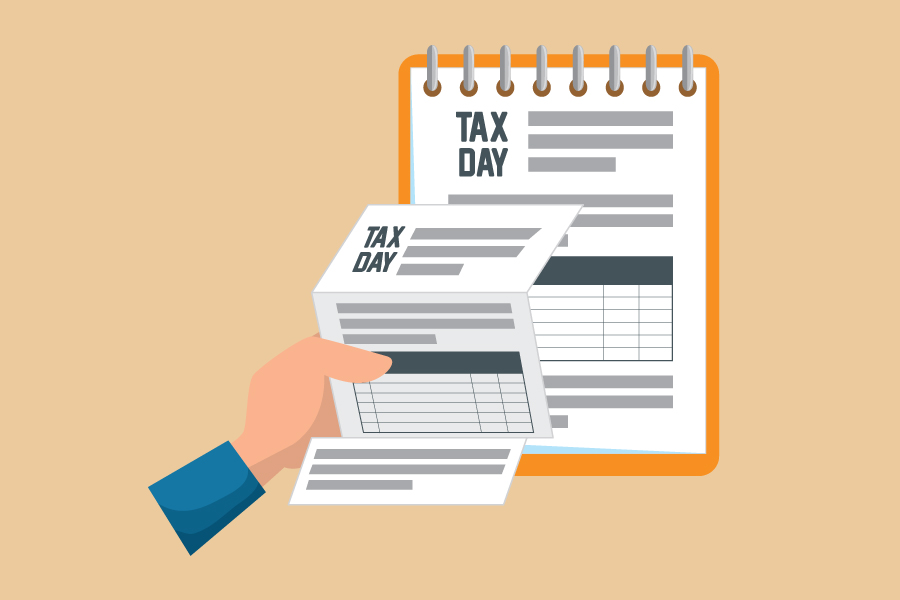Fake Tax Invoices
Written by Mr. Monchai Varatthan

The author has recently dealt with yet another allegation by the Thai Revenue Department over the use of “fake” tax invoices. Fake tax invoices can create significant tax liabilities for VAT operators, sometimes regardless of their innocence. In this article, we will discuss the consequences of the Revenue Department treating a tax invoice as “fake.” We will also discuss minimizing the risk of authorities suspecting tax invoices as fake.
Tax Invoices
Tax invoices are the most important among VAT documents. Tax invoices serve as evidence of tax collection and payment, allow cross-examination of tax amounts, and signal tax compliance between seller/service provider and its customers, among other purposes.
Tax invoices can be valuable keepsakes. One who pays a price of Baht 500 million with creditable/refundable input tax of Baht 35 million, for example, would likely keep their tax invoice under lock and key. Loss of the tax invoice could mean loss of the input tax.
Unclaimable Input Tax
VAT operators calculate their VAT payable, refundable or creditable, by deducting claimable input tax from output tax.
VAT operators are, however, prohibited from including “non-claimable” input tax in their monthly VAT calculation. “Non-claimable” means input taxes in tax invoices issued by one who is otherwise unauthorized to issue tax invoices, according to the Revenue Code.
The Revenue Department deems one unauthorized to issue tax invoices if the suspect is a non-VAT operator, or is a VAT operator who collects output tax from its customers, but does not remit the VAT to the Revenue Department.
Fake Tax Invoices
The Revenue Code does not provide a statutory definition for the term “fake” with respect to tax invoices. Nevertheless, the Revenue Department treats tax invoices issued by unauthorized persons as “fake” because the issuer (who also collects the VAT based on the invoice) does not remit such VAT to the authority. The Revenue Department, in this instance, perceives itself as the injured party due to the loss of VAT revenue. Consequently, where the authority cannot reclaim the tax owed by the issuer, it will hold the VAT operator who used the input tax in their VAT calculation responsible for that loss.
Readers should note that the Revenue Department usually discovers that the issuer did not remit the VAT during its verification of input VAT of the operator who requested the VAT refund. Such discoveries have never been easier due to the digital transformation of the Revenue Department’s tax collection system.
Revenue Officers cannot simply presume, however, that tax invoices are fake merely because the issuer, a registered VAT operator (who collects output tax from customers), fails to remit the VAT to the authority. VAT operators should not be automatically suspected of using fake tax invoices or even unclaimable input tax, in such case. Cooperative and compliant VAT operators may wonder how it is ever possible to know whether their suppliers would correctly and promptly pay their VAT to the Revenue Department.
Minimize Risks of Using Fake Tax Invoices
VAT operators can minimize the risk of Revenue Department scrutiny by implementing a system to prove the veracity of their tax invoices and their good intent. Among other evidence, the VAT operator should be able to show it applied reasonable effort to check the VAT status of its suppliers (particularly for high-value transactions), used the goods and services indicated in the tax invoices in the course of its business, and knowingly took no part in fraud.
The taxpayer should first verify whether its suppliers are valid VAT operators at the Revenue Department website (currently at https://cmsinter.rd.go.th/313.html). If valid, the taxpayer should keep a screenshot of the search results. The taxpayer should conduct this check more than once during the course of the transaction.
VAT operators should verify the actual, physical place of businesses of the suppliers, and their reliability and competency to do the work. (Where an issuer of allegedly fake tax invoices operates from an unlikely location, e.g. an uninhabited commercial building, the Revenue Department would most likely excuse the VAT operator under audit.)
VAT operators should also regularly request updated VAT Registration Certificates (Phor.Por.20) from their suppliers.
Lastly, among other efforts, VAT operators should keep accurate records of use of the goods or services, purchased from its suppliers, in the course of their own VAT business.
VAT Liabilities
VAT operators who use “fake” tax invoices are liable to, in addition to the tax shortfall, regulatory penalties at the rate of 200% of the input tax stated in the tax invoice, and to penalties of 100% of the VAT incorrectly paid or remitted.
VAT operators are also subject to a 1.5% monthly VAT surcharge in the case of shortfalls, and possibly imprisonment from 3 months to 7 years and a monetary fine of Baht 2,000 - 200,000, all according to the Revenue Code.

